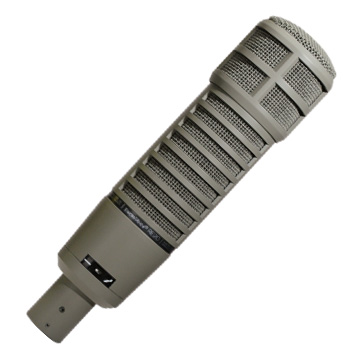Tip #681: When Does Using High Sample Rates Make Sense?
… for Codecs & Media
Tip #681: When Does Using High Sample Rates Make Sense?
Larry Jordan – LarryJordan.com
Most of the time, 48K sampling is the best choice.


This is an excerpt from an informative article in Sound-on-Sound, written by Hugh Robojohns.
Higher sample rates only provide a greater recorded bandwidth — there is no intrinsic quality improvement across the 20Hz‑20kHz region from faster sampling rates — and, in fact, jitter becomes a much more significant problem. So I would suggest that you forget 192kHz altogether unless you need to do specialist sound‑design work where you want to slow recorded high‑frequency sounds down dramatically.
The question of whether to use a 96kHz sample rate is less clear-cut, because it can prove useful in some specific situations. Yes, it creates larger files and higher processing loads, but it also removes the possibility of filtering artifacts in the audio band and reduces the system latency compared with lower rates. Many plug‑in effects automatically up‑sample internally to 96kHz when performing complex non‑linear processes such as the manipulation of dynamics.
EXTRA CREDIT
Note, though, that not all software is particularly good at sample‑rate conversion, with even some expensive and well regarded DAW software resulting in noticeable aliasing. You do, of course, need to judge results subjectively, but if you’re curious how well your software performs in this respect — or whether any free software performs this function any better — then check out Infinite Wave’s database at (src.infinitewave.ca) which compares results from a huge number of applications, and includes test files so you can perform your own tests too.
Larry adds: Most of the time for video recording a sample rate of 48K is the best choice.


Leave a Reply
Want to join the discussion?Feel free to contribute!